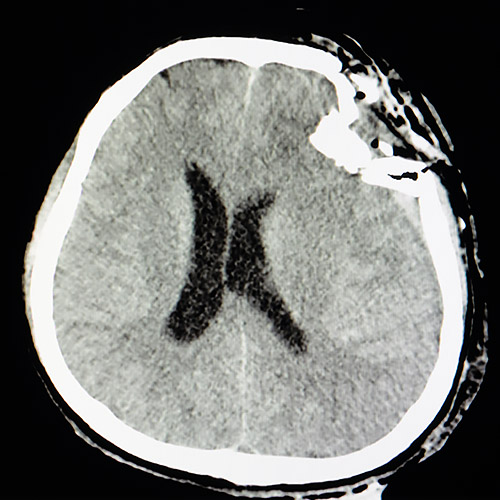Neuroendocrine Testing
Correcting endocrine abnormalities post injury
Enduring a brain injury involves more than physical and psychosocial changes in patients. Its impact often affects the hormonal system. Symptoms can be an unrecognized consequence of brain injury or stroke. Untreated hormone deficiencies can negatively influence recovery even if the patient is undergoing intensive rehabilitation. To maximize treatment and address all aspect of healing, CNS offers a program to uncover and treat hormonal imbalances.
Symptoms of neuroendocrine dysfunction often overlap considerably with deficits commonly observed in patients with brain injury – and can persist undetected. Testing reveals abnormalities that may be causing a host of physical, cognitive, and behavioral problems which are often related to the deficits of brain injury. Hormone replacement therapy can restore physiological hormone levels and can improve patients' quality of life. Clinical signs of endocrine abnormality can include:

- Weakness and fatigue
- Cold intolerance
- Sexual dysfunction
- Decreased exercise intolerance
- Sleep and behavior disturbances, depression, isolation
- Decreased ability to concentrate
Evaluation and Replacement Therapy
Proper screening and evaluation of neuroendocrine status is essential to properly diagnose and treat these issues following traumatic brain injury. Treatment involves replacement of individual hormones to control any clinical signs and symptoms. Once the correct dosage is determined, treatment can be life-long. Improvements in concentration, attention, processing speed, memory, mood, sleep, weight control, sexual performance, activities of daily living and quality of life have been documented following hormone replacement therapy.
CNS researchers have published papers in clinical journals that chronicle the study, testing, and outcome of neuroendocrine deficits post injury, noting the positive results of treatment. Our dedication to the highest level of care and patient rehabilitation includes this often overlooked but crucial aspect of rehabilitation.

